The Ministry of Water and Energy says 43 per cent of households in the rural communities lack access to clean drinking water in Cameroon.
Water is an important source of life and though 71 per cent of the earth is covered by water, clean drinking water still remains a rare commodity in many communities including most parts of Cameroon. The situation is even more pathetic in rural communities where access to improved drinking water according to World Health Organization criteria is still a luxury. The urgency and importance of facilitating access to clean drinking water is also preoccupying the international community reason why it was included in the Sustainable Development Goals.
In Cameroon, the supply of clean drinking water is inferior to demand in both urban and rural areas. While urban and semi-urban areas have an access rate of 55 per cent, in rural areas, 57 per cent of households have access to improved drinking water according to the statistics from the Ministry of Water and Energy. It goes without saying that 43 per cent of rural households lack access to clean potable water, thus drinking from doubtful sources.
According to the Minister of Water and Energy, Gaston Eloundou Essomba, rural zones in this case are zones not ceded to Cameroon Water Utility Corporation (CAMWTER). The rural communities’ water needs are therefore catered by the government and decentralized territorial bodies (councils, Regional Councils) within the framework of decentralization. Conscious of the acute shortage of water supply in most communities in the country, the government and partners as well as local councils are however trying to close the gap through various initiatives either ongoing or envisaged. Just recently, the Minister of the Economy, Planning and Regional Development signed a Record of Discussion agreement with FCFA 3.6 billion to supply water in four rural communities (Matomb, Massock, Ebebda and Koutaba. The first phase of the Three-year Emergency Plan in the water supply sector with 97 per cent realisation rate helped in serving some 210,000 heads with drinking water through 900 boreholes and 19 water catchment systems. The second phase of the Emergency Plan envisages the construction of 3000 boreholes in the northern regions.
Water and Energy Minister equally hinted that a studies and preparation for a project to supply water and sanitation in rural milieu sponsored by the African Development Bank is in gestation in all the ten regions to construct 300 mini water catchments in rural areas. The project, when realised will provide potable water to some 350 localities across the country. There are also plans to rehabilitate the 350 Scanwater stations in...







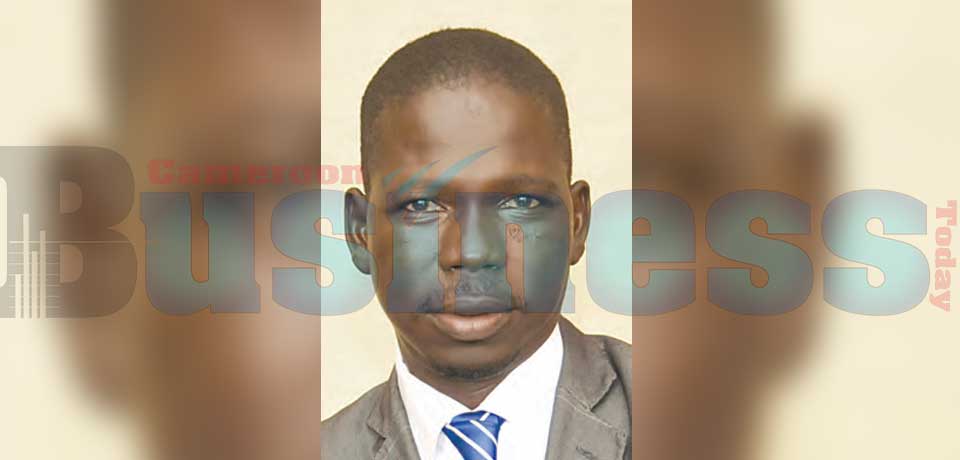
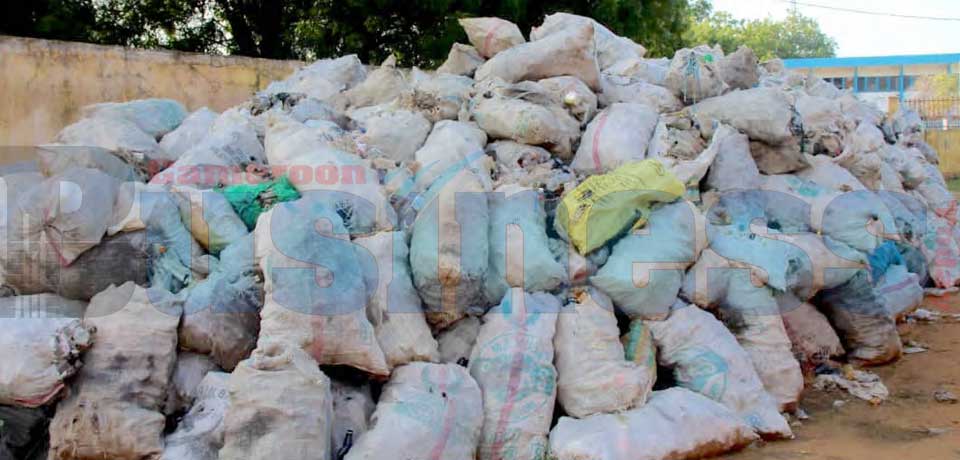
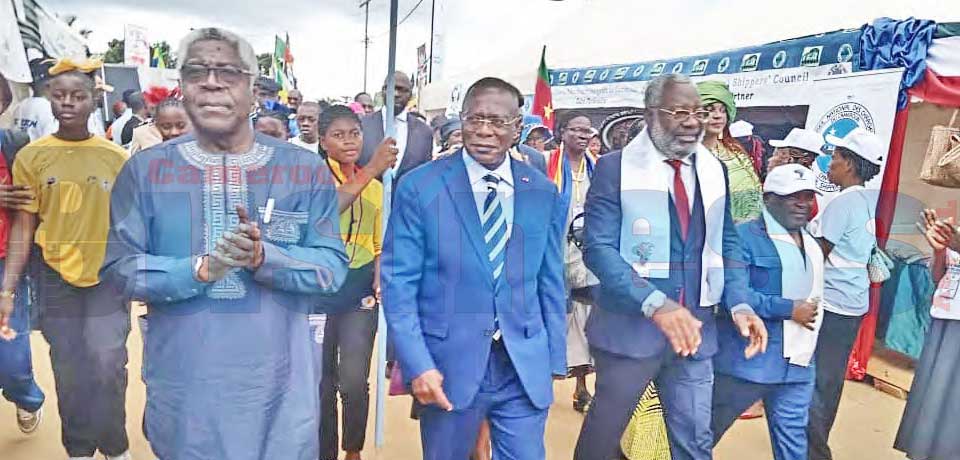
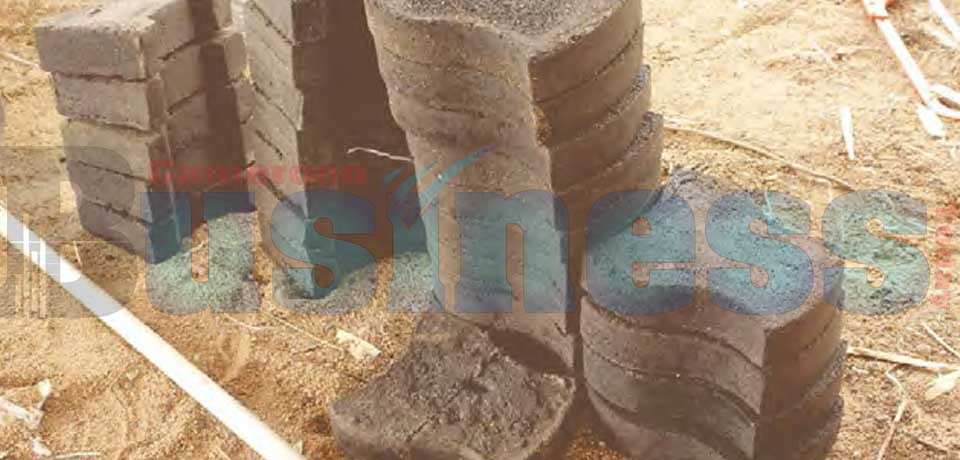
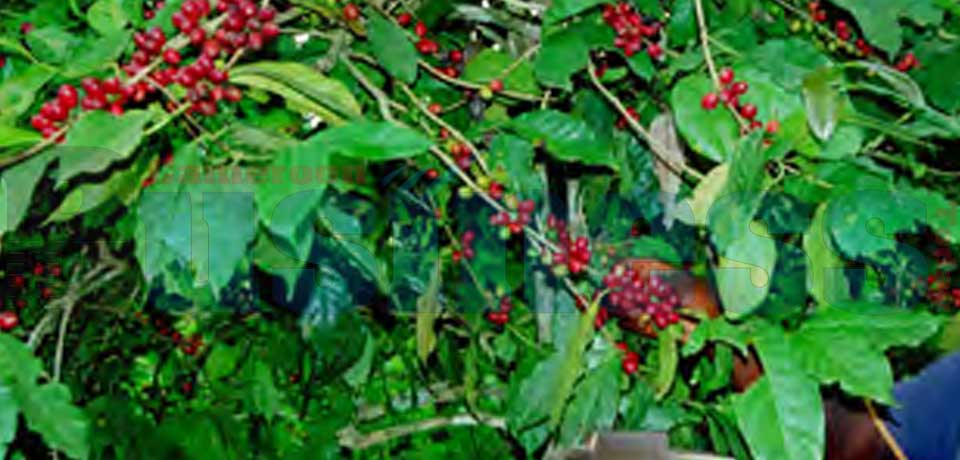


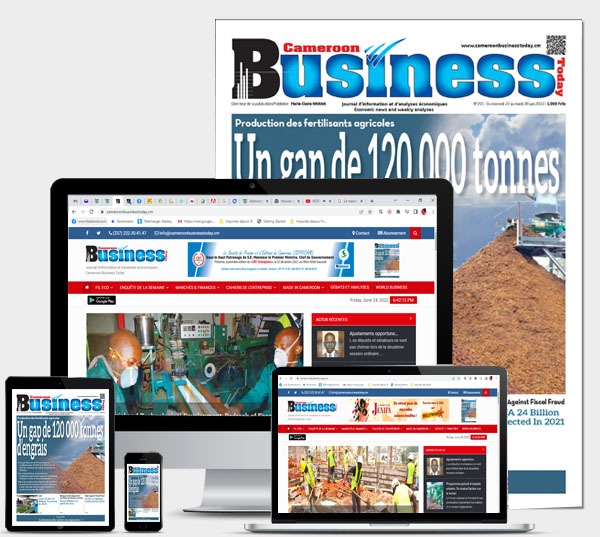
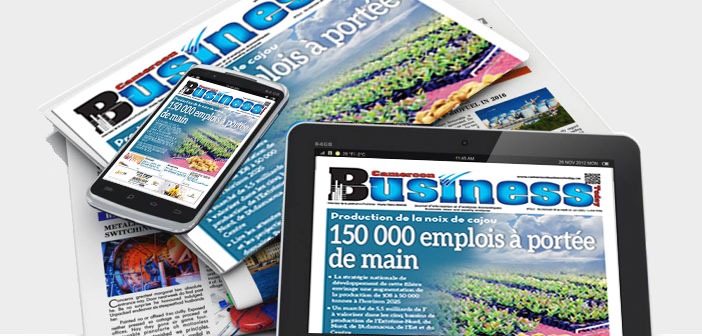

Commentaires